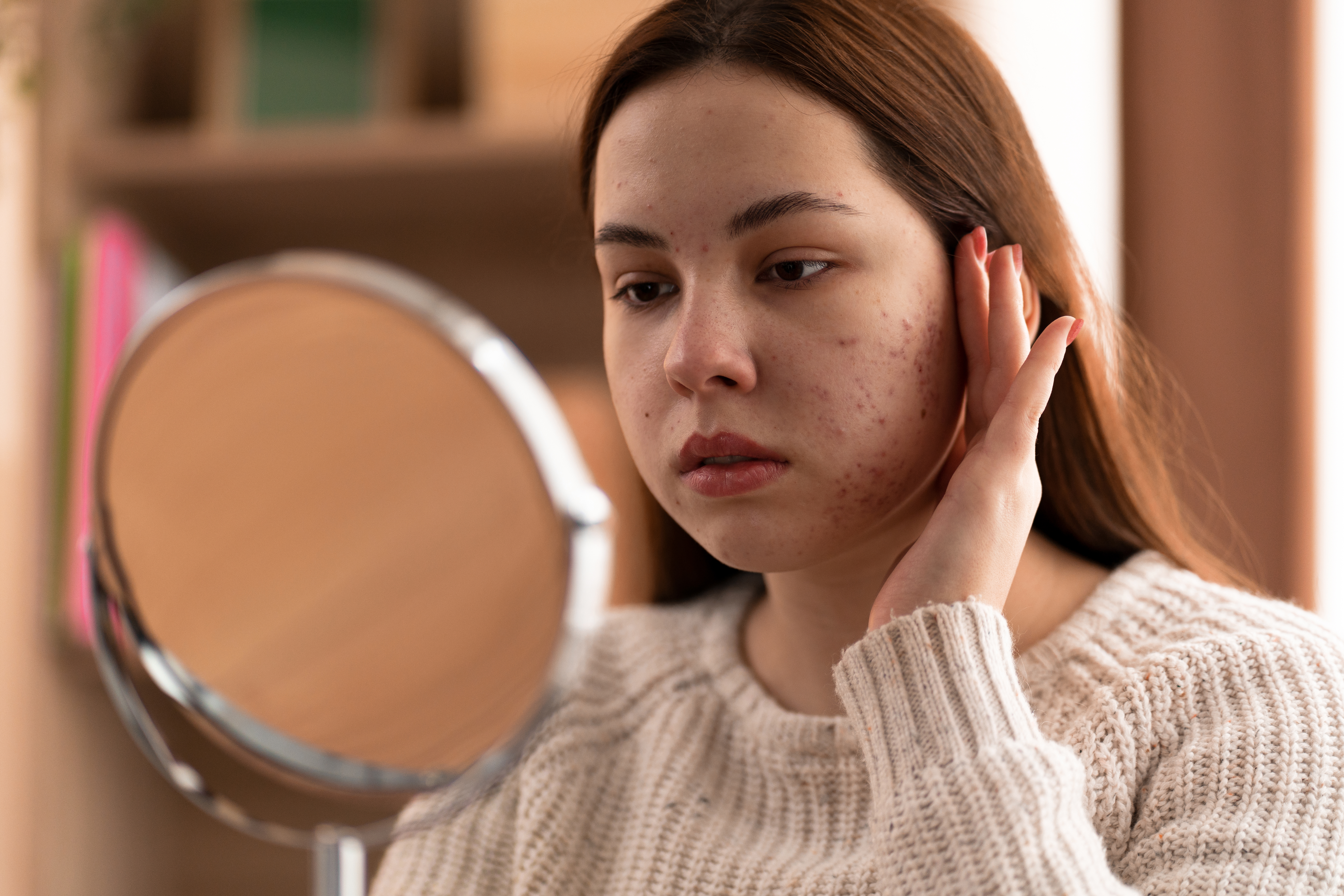Clear and healthy skin is a dream for many, and achieving it doesn’t have to be complicated or unattainable. With the right approach and knowledge, you can enhance your skin care routine to banish pimples and enjoy radiant skin. In today’s comprehensive guide, we cover 14 essential tips to help you achieve and maintain clear skin, with in-depth insights and expert advice.
1. Wash Your Face Twice Daily

Cleansing your skin is fundamental. Whether you’re exposed to pollutants in the city or facing daily stressors, washing your face twice a day with a gentle cleanser helps eliminate impurities that contribute to acne formation. Ensure you use lukewarm water to prevent stripping your skin of its natural oils, and gently pat your skin dry with a clean towel.
2. Understanding Skin Type
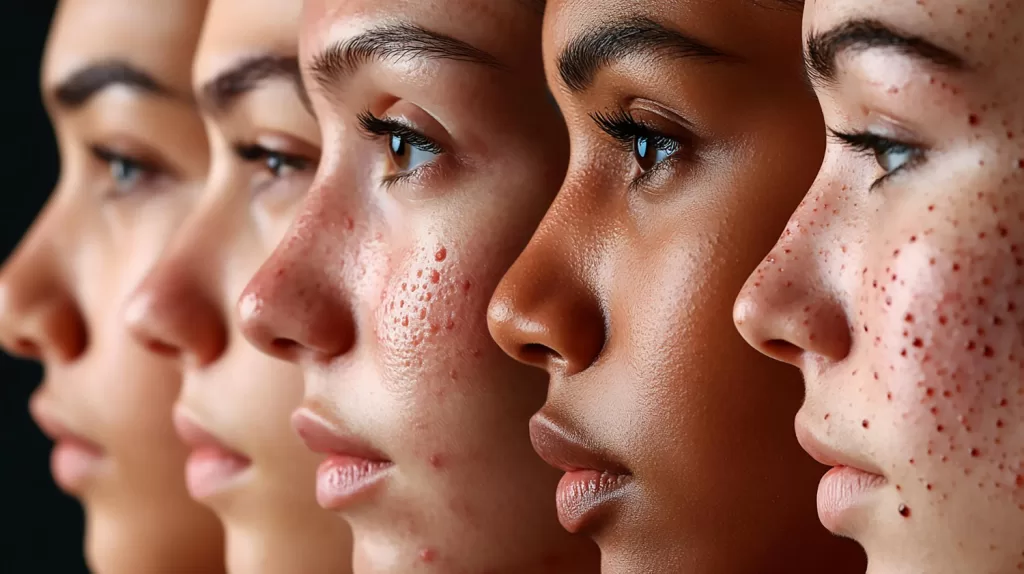
Knowing your skin type is crucial in selecting products that will effectively address your skin concerns without causing further irritation. Generally, skin types are categorized into oily, dry, combination, and sensitive. For oily skin, opt for gel-based cleansers, while cream-based products are ideal for dry skin. Combination skin may benefit from balancing toners, and sensitive skin requires hypoallergenic formulations.
3. The Significance of Moisturizing
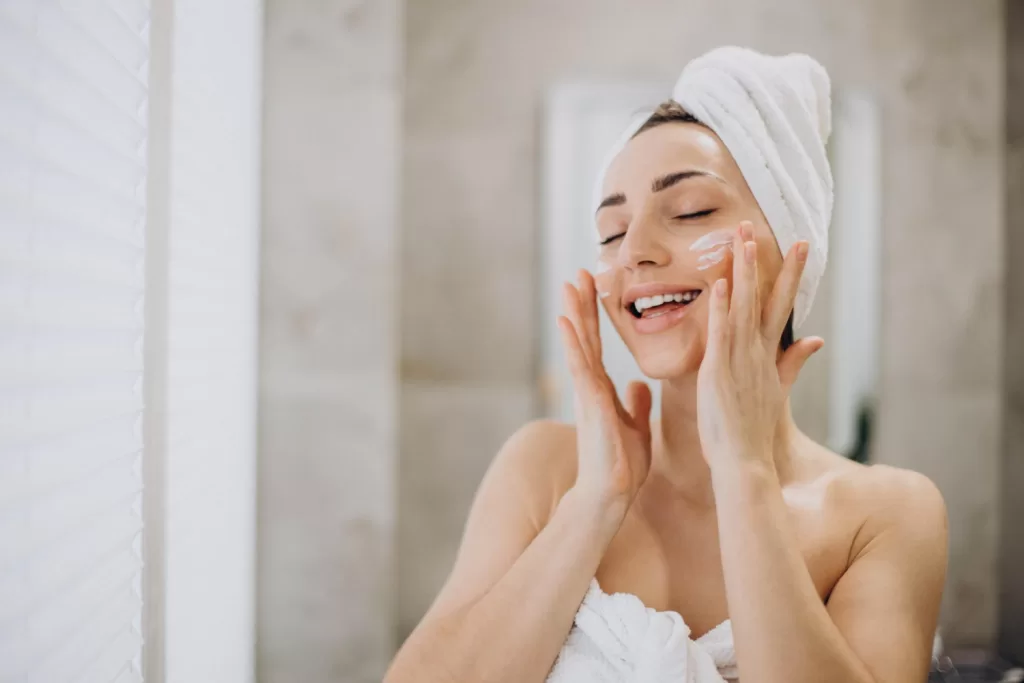
Moisturizing isn’t solely for those with dry skin. In fact, skipping this step can exacerbate oil production on oily skin, leading to breakouts. Choose lightweight, water-based moisturizers with ingredients like hyaluronic acid to maintain moisture without clogging pores. Maintaining moisture balance on your skin creates a protective barrier against environmental pollutants.
4. Over-the-Counter Remedies
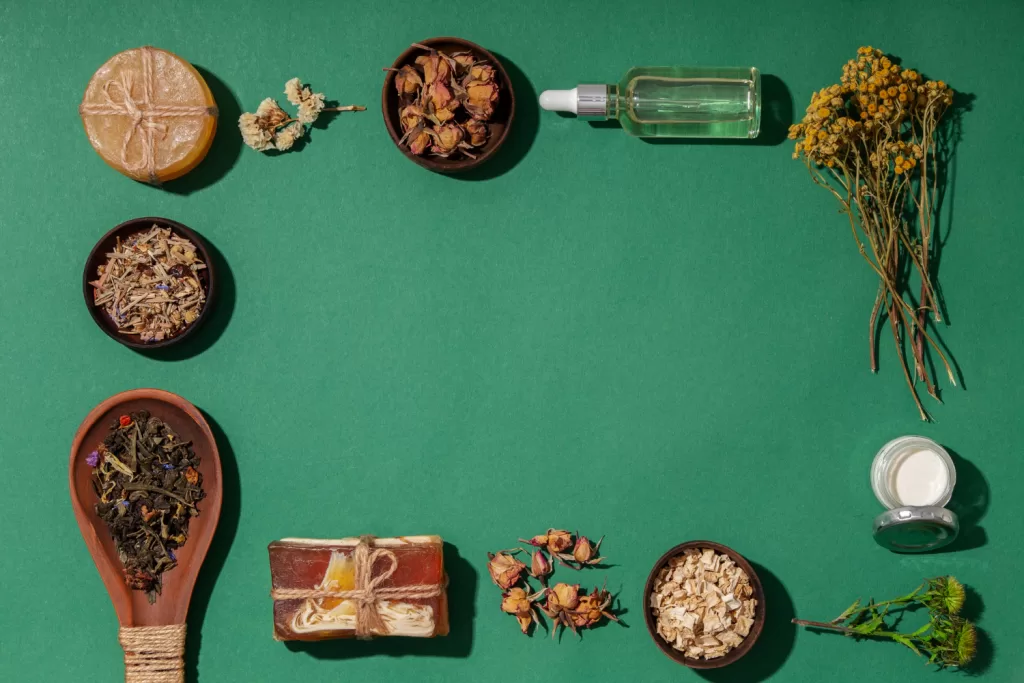
For stubborn pimples, over-the-counter (OTC) medicated treatments can be highly effective. Ingredients such as benzoyl peroxide and salicylic acid work to reduce bacteria and unclog pores. Benzoyl peroxide is often recommended for inflammatory acne, while salicylic acid is beneficial for preventing blackheads and whiteheads. Always start with a patch test to avoid adverse reactions.
5. Hydrate for Healthy Skin

Hydration is not only about external products but also involves your body’s needs. Drinking at least eight glasses of water a day supports detoxification and hydration, ensuring your skin remains supple and aids in healing. Herbal teas and water-rich foods like cucumbers and watermelon can also contribute to your daily intake.
6. Makeup Considerations

While makeup can enhance your features, it’s essential to choose non-comedogenic products that won’t block pores. Mineral-based makeups are a great alternative, offering breathable coverage without irritation. Always remember to remove makeup thoroughly before bed to prevent residue from causing breakouts overnight.
7. Avoid Touching Your Face
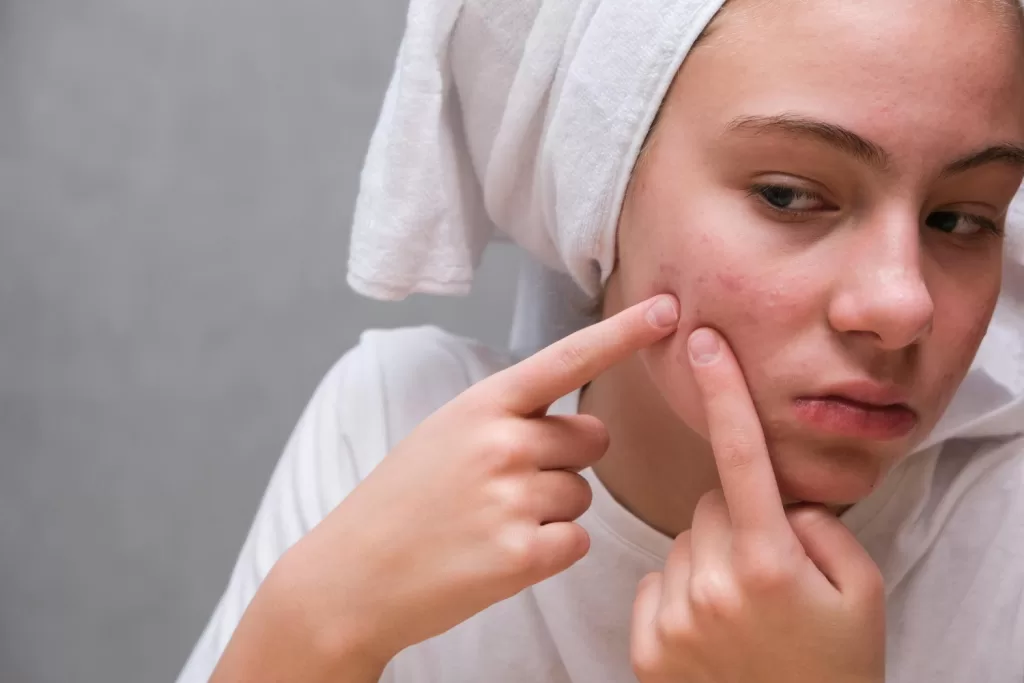
Your hands come into contact with countless surfaces throughout the day, transferring bacteria and dirt to your face. To prevent skin issues, consciously avoid touching your face unless necessary. Similarly, regularly clean your phone screen and replace bedding to minimize exposure to acne-triggering bacteria.
8. Protect Your Skin from Sun
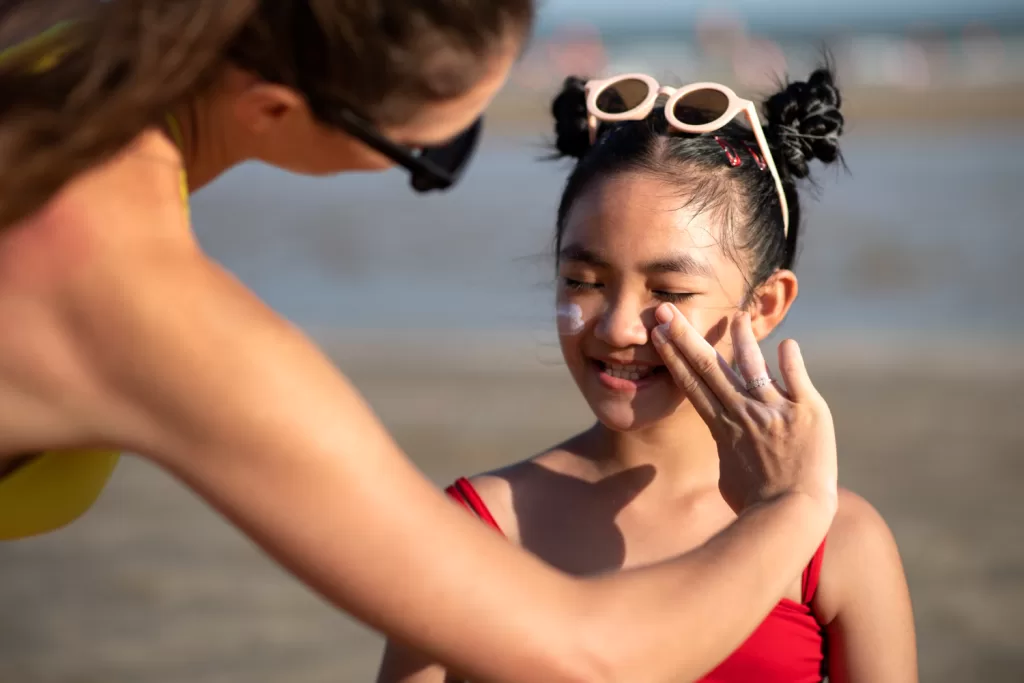
Overexposure to sunlight can worsen acne and lead to long-term damage such as hyperpigmentation and premature aging. A broad-spectrum sunscreen with at least SPF 30 should be part of your daily regime, even on cloudy days. Choose formulas specifically designed for acne-prone skin to avoid greasy residues.
9. Pimple-Popping Warnings
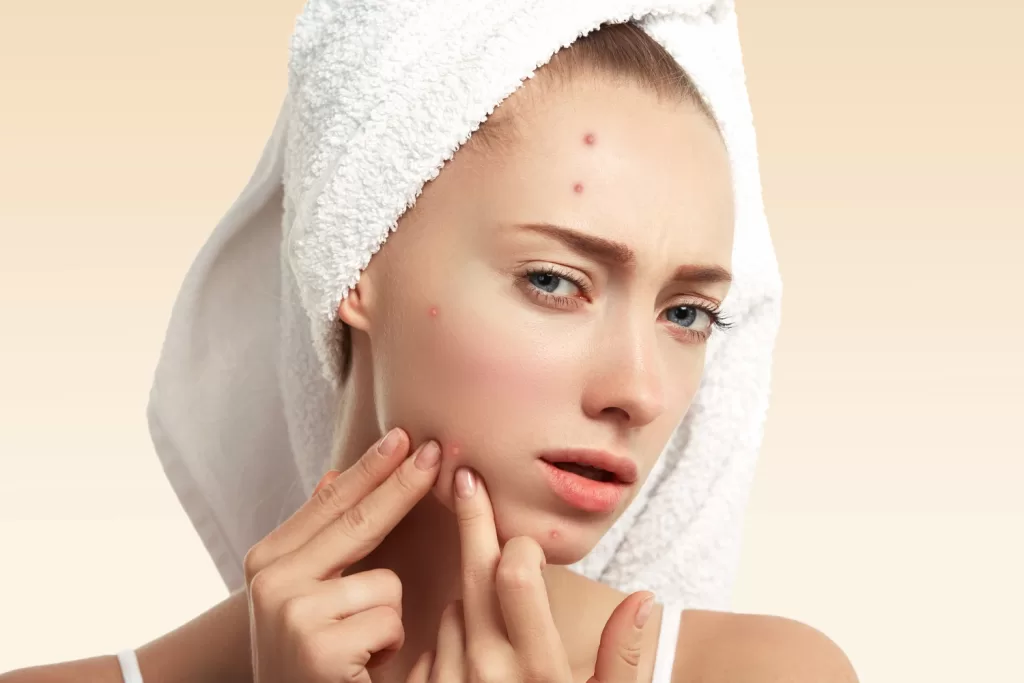
Popping pimples might seem like a quick fix, but it often leads to scarring and the spread of bacteria. Instead, follow a proper skincare regimen and allow pimples to heal naturally. Tip: Use a warm compress to soothe inflamed spots and reduce swelling.
10. Embrace Natural Remedies: Tea Tree Oil
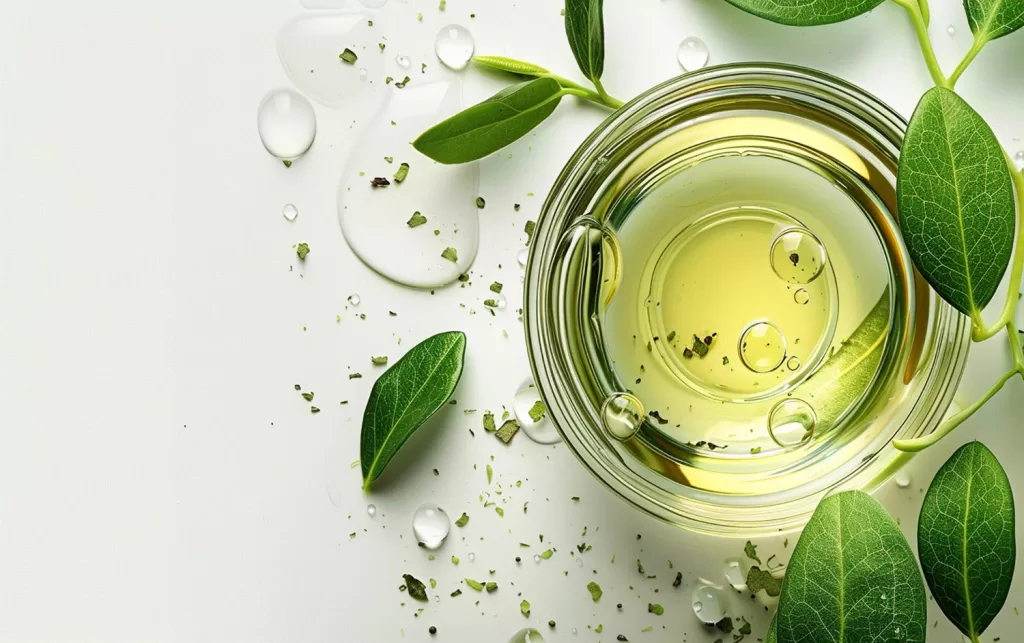
Tea tree oil has been lauded for its natural anti-inflammatory and antimicrobial properties. As an essential oil, it can be applied with a carrier oil to target breakouts and is especially useful for delicate skin. However, always perform a patch test as it can cause irritation in some individuals.
11. Medical Intervention: Consider Antibiotics

Persistent acne may require professional help. Dermatologists can prescribe antibiotics to reduce inflammation and bacteria. Topical retinoids or oral isotretinoin may also be recommended for severe cases. Never self-medicate—always consult a healthcare provider to discuss the best treatment options.
12. The Magic of Masks: French Green Clay
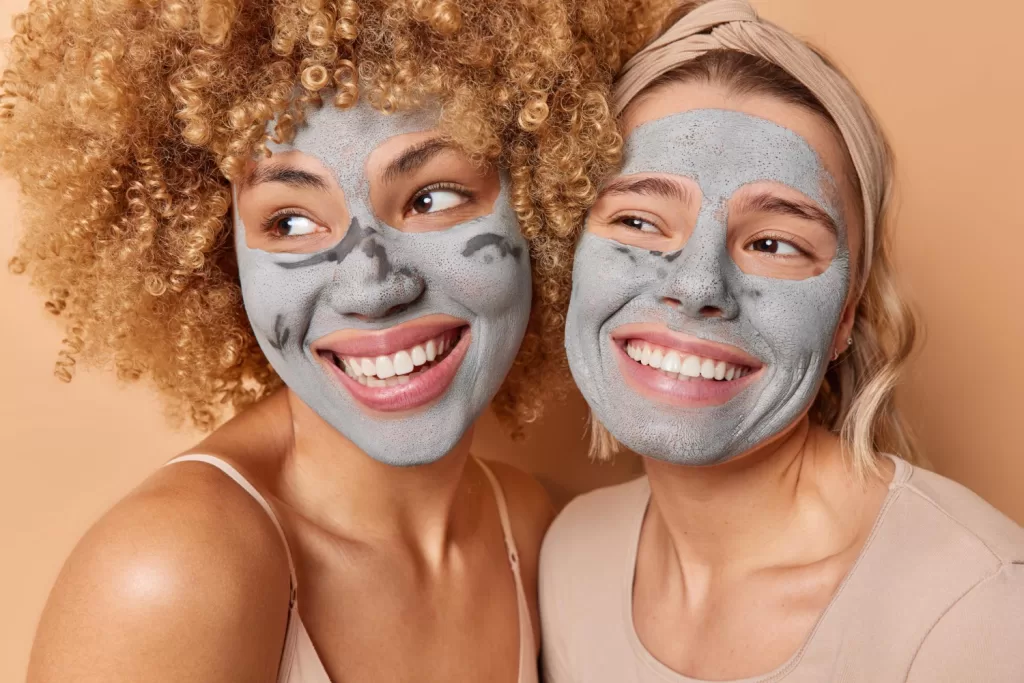
Clay masks, particularly those containing French green clay, are excellent for absorbing excess oil and detoxifying the skin. Use once or twice a week as part of a regular skincare routine to balance oil production and tighten pores. Afterward, follow with a hydrating serum to replenish moisture.
13. Diet and Its Impact on Skin

A healthy diet plays a substantial role in skin health. Reduce intake of processed foods high in sugar and grease, which are known to exacerbate acne. Increase consumption of anti-inflammatory foods such as leafy greens, berries, and omega-3-rich fish like salmon.
14. Reducing Stress for Skin Benefits

Chronic stress raises levels of cortisol, a hormone linked to increased oil production and acne flare-ups. Incorporating stress-reducing activities like yoga, meditation, and mindful breathing can improve not just your mental but also your skin health. Prioritize time for relaxation to maintain a balanced lifestyle.
By implementing these practices consistently, you’ll not only see improvements in your skin but will also foster a healthier overall lifestyle. Don’t forget, every journey to clear skin is unique — what works for one person may not work for another. Patience and perseverance are key. For continuous updates and personalized tips, stay tuned to HealthFunda and subscribe for more insightful content tailored to your skincare goals!
Read more skin care tips on Healthfunda Skin care


